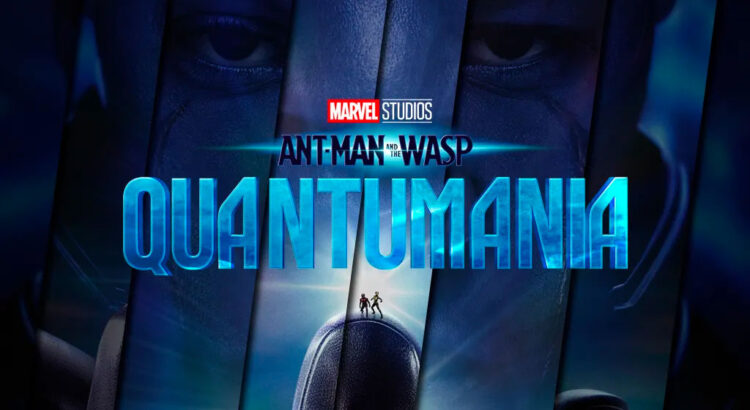[TW: This review contains information and descriptions of film content surrounding the Holocaust.]
Inspired by the 2014 book with the same title, The Zone of Interest takes us into the political landscape of 1943 Poland. The film follows the journey of Rudolf Höss (Christian Friedel), and his family of six living a seemingly ordinary life inside the walls of the most horrific area on the planet. Framing the film through Höss’ character is an adaptive choice by director Jonathan Glazer and is based on a real person: a high-ranking S.S. Commandant whose contributions to the Nazi regime propelled significant advancements at the concentration camp Auschwitz I. He was the longest-serving commander at Auschwitz, and the film primarily revolves around his family’s life in a villa within the camp.
The movie first depicts the Höss family living a blissful life filled with trips to the nearby lake, picnics in the sun, and small gatherings in their beguiling backyard. His wife, Hedwig (Sandra Hüller), and five children reside in their idyllic house only a 10-foot, barbed wire-lined wall away from unimaginable horrors. Their pristine home is lined with a blossoming garden and filled with a herd of anxious servants attending to their every need. While the family lives in comfort, sounds of screams, trains, and gunshots are consistently murmuring in the background. Hedwig remains dismissive of the disruptions, choosing to ignore the truth behind her privilege, but her guests often question the blazing fires surrounding the sky at night and the smoky cough-prone air. The title, “Zone of Interest”, comes from the German word “Interessengebiet”, which was a term used to depict the restricted zone around Auschwitz. (Much like the family’s eerily cultivated lifestyle.)
The shots in the film are very matter-of-fact. We see moments in their life as they happen naturally, without a direct opinion from Glazer. The audience is fitted as bystanders, set up to observe the observers. We were left to parse through the morally uncomfortable life of the family individually, making the content even more unsettling. Glazer gracefully dances around the known violence that is occurring within the camp, but there is an implication that the audience is aware of the nightmares beyond, limiting the voices of the victims to sounds from outside and alarming innuendos. This choice haunts us and leaves us waiting for the terror that the audience never directly faces. Almost like the remaining five members of the Höss family.
The film briefly features music from the University of Michigan’s own Dr. Patricia Hall’s research, who founded the project “Music From Auschwitz”. Dr. Hall brings to life lost music written and performed by Auschwitz prisoners. The music is accompanied by a deeply painful context, but a firm reminder of history and a memorial to millions of lost lives. Her group has toured Holocaust memorial centers throughout Michigan and New York, and this summer will be traveling to Vienna to perform a concert of her manuscripts.
The film stands as a reminder of the horrors behind violent perpetrators and ignorant familial bystanders, along with all the art-deco bells and whistles. Zone of Interest is playing in theaters now in Ann Arbor.
More on Music from Auschwitz.
105 minutes. Rated PG-13. German and Polish with English Subtitles.
Image thanks to Cut & Run.







